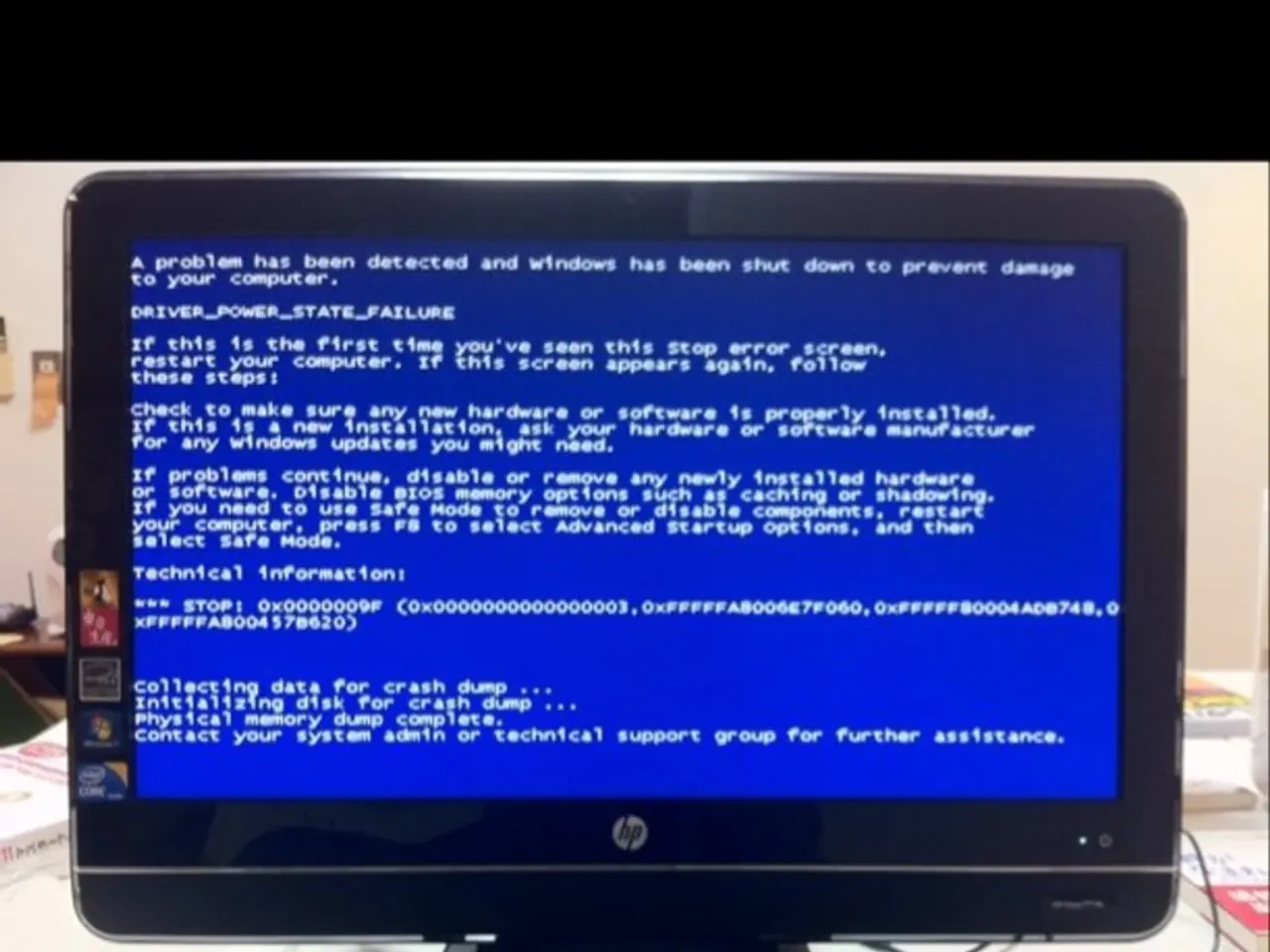"Changing Focus of Learning": Examination of the reasons students are abandoning traditional textbooks and strategies employed by ed-tech companies and educational institutions to counteract the trend.
In the modern world, educators and institutions are recognising the need to adapt traditional reading methods to engage learners effectively in the digital age. A shift is underway, as educators embrace interactive, motivational, and technology-enhanced strategies to foster a love of reading and improve literacy skills.
Nealesh Dalal, founder of JD School of Design, challenges students to explore their passions through books, connecting reading directly to their interests and cultivating research skills. This approach, which allows students to choose books that match their own interests, is gaining traction as a means of cultivating a lifelong love of reading.
Research published in 2024 shows that while digital reading offers convenience and engagement, traditional reading is still superior for deep comprehension. This finding underscores the importance of maintaining a balance between the two, creating a dynamic partnership where each enhances the other.
Libraries are evolving to accommodate this shift, hosting screenplays, visual culture texts, and biographies, blurring the lines between traditional and modern content. Forward-thinking schools and colleges are turning libraries into lively places where students can explore ideas and work together.
Ed-tech platforms are being used to make books part of a more holistic, engaging learning experience. Gamification, AI-curated summaries, and interactive e-books are being employed to make literature more accessible and entertaining. These strategies aim to cater to the shorter attention spans of today's students, while still encouraging deep comprehension and a love of reading.
However, concerns remain about the declining interest in traditional reading among young people. Only 34.6% of children and young adults aged 8-18 say they enjoy reading in their spare time, the lowest since 2005. Just 1 in 5 (20.5%) report reading daily for pleasure, according to the National Literacy Trust's 2024 Annual Literacy Survey.
Manoj Agarwal, Director of AAFT, Noida, suggests that traditional reading is losing its grip on the next generation due to the rise of knowledge consumption from reels, tweets, and algorithm-based snippets. In a world dominated by algorithm-driven feeds, short-form videos, audio books, and AI-generated summaries, the way knowledge is consumed is changing drastically.
Despite these challenges, education leaders argue that the issue is not a simple decline, but a transformation in the way reading is approached. Strategies such as active and collaborative reading approaches, incorporation of reading rewards and motivation, use of repeated and read-aloud practices, leveraging digital tools and small group interaction, and encouraging student choice and accessibility, are being employed to foster a love of reading and improve literacy skills amid the challenges and opportunities of the digital era.
In conclusion, educators are blending interactive, motivational, and technology-enhanced strategies to create an engaging and effective reading environment for students in the digital age. By adapting to the needs of today's learners, educators hope to cultivate a love of reading that will last a lifetime.
- Nealesh Dalal's strategy, which focuses on allowing students to choose books that align with their interests, is a popular method in the education-and-self-development sector, aiming to foster a lifelong love of reading and research skills in learners.
- In the finance sector, DeFi (Decentralized Finance) platforms are increasingly leveraging technology to make literature more accessible and engaging, employing gamification, AI-curated summaries, and interactive e-books, an approach that caters to today's shorter attention spans while encouraging deep comprehension and a love of reading.




